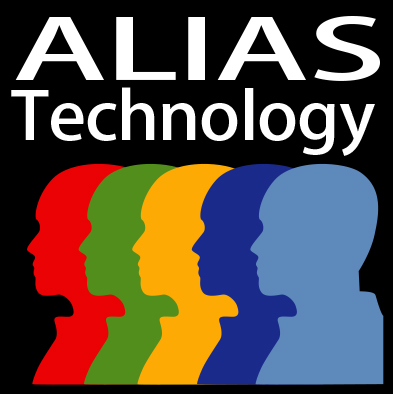Each user can select what modules he/she wants to use. ALIAS contains three kinds of modules, depending on its level of automation and the user’s required expertise in linguistics or statistics.
- Automatic modules are fully automatic; both linguistic and statistical analyses are built-in.
- Interactive-Examiner modules require an examiner to interact with the software; this interaction involves linguistic or statistical analysis, depending on the forensic task. The Examiner does not need to be a degreed linguist, since the specific linguistic or statistical analytical techniques used in these modules can be learned in training. Further, the previous training that law enforcement, digital forensic examiners, forensic psychologists can be put to good use in these examiner-interactive modules.
- Interactive-Researcher Linguist modules require a linguist to interact with the software; this interaction involves linguistic or statistical analysis, depending on the forensic task. The Linguist must be degreed and have research expertise that is relevant to the forensic task. ALIAS Technology linguists are all degreed linguists with specialties in main subfields of linguistics who have conducted relevant research in forensic linguistic tasks.
In the comments on speed below, the time estimate does not include any data preparation that may be necessary in a case (e.g. converting handwritten documents to electronic format, segmenting macro-texts, bundling micro-texts, importing documents, etc.).
ALEX is the nickname for the Interactive-Examiner or “IEx” modules of ALIAS. ALEX contains all the ALI modules plus these specific modules for examiners:
InterTexter: Inter-relationship between Texts
Task: What are the differences (additions, modifications and deletions) between Document1 and Document2, 3, 4..?
Uses: DIFFER assists attorneys, law enforcement and human resource professionals.
Speed: DIFFER runs very quickly, in minutes.
Notes: In contract review or witness statement review, a primary task is finding out how much difference is there in versions.
Accuracy: DIFFER is 98% accurate at listing the differences in compared texts; the 2% error rate occurs when the documents are extremely different.
Current Languages: English, Spanish, Arabic, Chinese, Greek, German, Dutch, Italian and others
Research-in-Progress Languages: None
Task:
Uses:
Speed:
Notes:
Accuracy:
Current Languages:
Research-in-Progress Languages:
